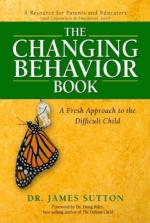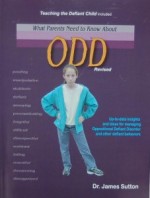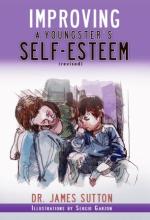Adults with ODD?
By far the most popular question coming through my website and email is one that doesn’t even deal with children and adolescents. Regardless of how the questions are stated, they all sound something like this:
Everything I hear and read talks about Oppositional Defiant Disorder in children and adolescents. What about ADULTS? Is there an adult ODD?
Odd is classified as a condition of childhood and adolescence according to the current edition of The Diagnostic and Statistical Manual of Mental Disorders (DSM), as published by the American Psychiatric Association. When a youngster reaches 18, he or she moves out of ODD and into the adult classification system. If the adult’s behavior is serious enough, they might be classified according to a group of diagnoses called “personality disorders.” At one time there was a classification called Passive-Aggressive Personality Disorder, but it is no longer being used. One theory on it being discontinued was that all personality disorders contain some passive-aggressive (oppositional and defiant) behaviors.
Okay, what constitutes “serious enough?”
Maladaptive behaviors are serious enough when the adult cannot maintain employment or constantly moves from job to job, has trouble with significant other relationships (possible multiple divorces), or has a strong dependence on alcohol, substances or negative habits.
Although we’re talking about adults here, young people can engage in similar behaviors when they have trouble in school, have difficulty making and keeping friends, and rely on fancy toys or video games to synthetically alter their mood.
……………………………………………………………………
James D. Sutton, Psychologist
………………………………………………………………
Note added December 5, 2009:
This post has obviously struck a chord with a lot of folks. The comments are reflective of the frustration of not only family members of individuals presenting adult-type features of oppositional and defiant behaviors, but of these individuals themselves as they watch their lives and the lives of loved ones fall apart before them.
As noted, these behaviors in adulthood can go by a lot of different names, classifications and diagnoses. Identification and treatment can be a paramount concern, also. In response to these posts, I have added a short video (length: 9:51) entitled Adults with ODD. My intent was to offer introductory insights, interventions and resources. I hope you find them helpful. –JDS
 This blog, It’s About Them, was founded in 2006 by child and adolescent psychologist, Dr. James Sutton. Content will vary, but the message here promotes courage, kindness, vision and the powers of the human spirit in ourselves and our children. Dr. Sutton can be reached at
This blog, It’s About Them, was founded in 2006 by child and adolescent psychologist, Dr. James Sutton. Content will vary, but the message here promotes courage, kindness, vision and the powers of the human spirit in ourselves and our children. Dr. Sutton can be reached at 








